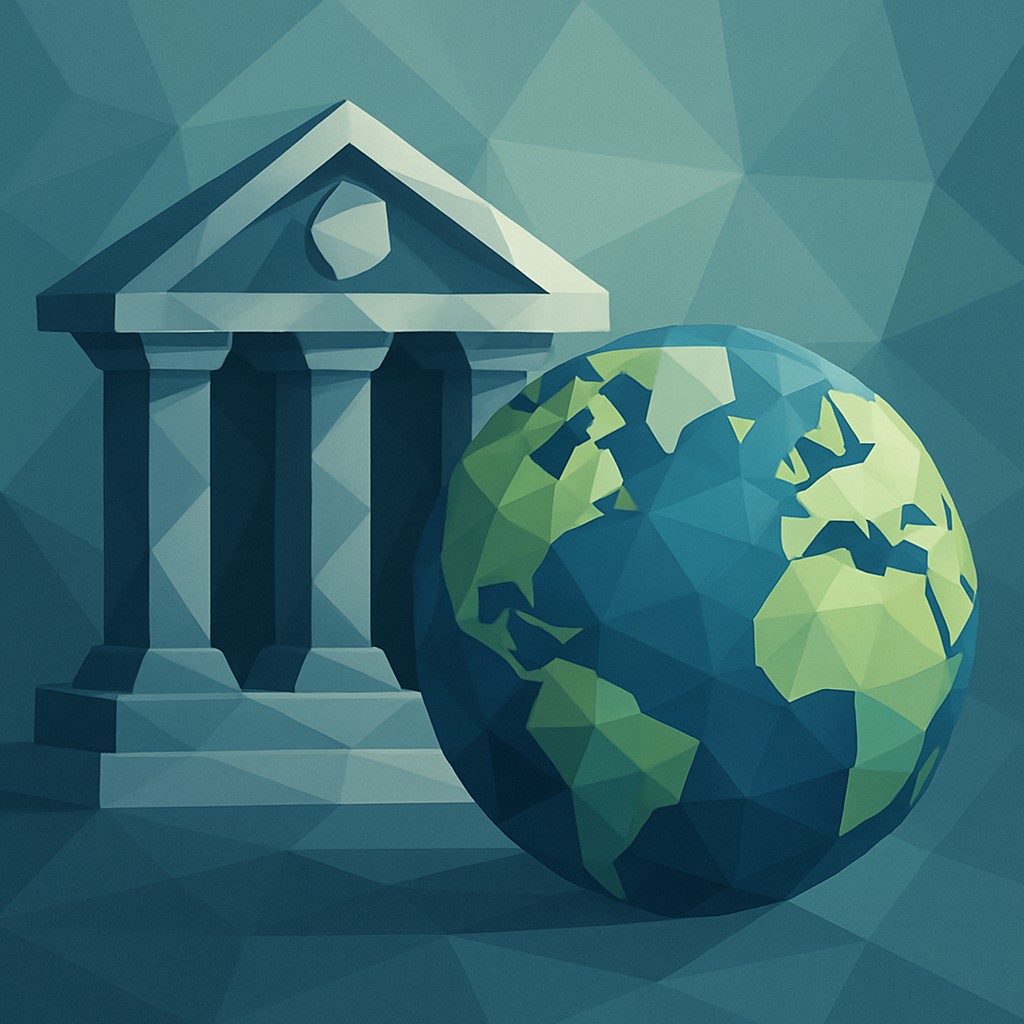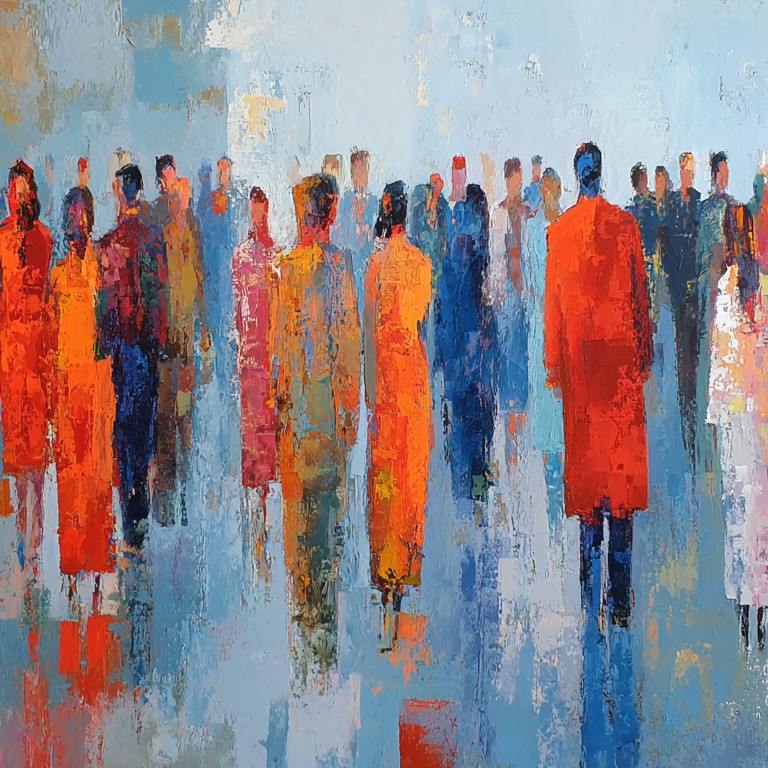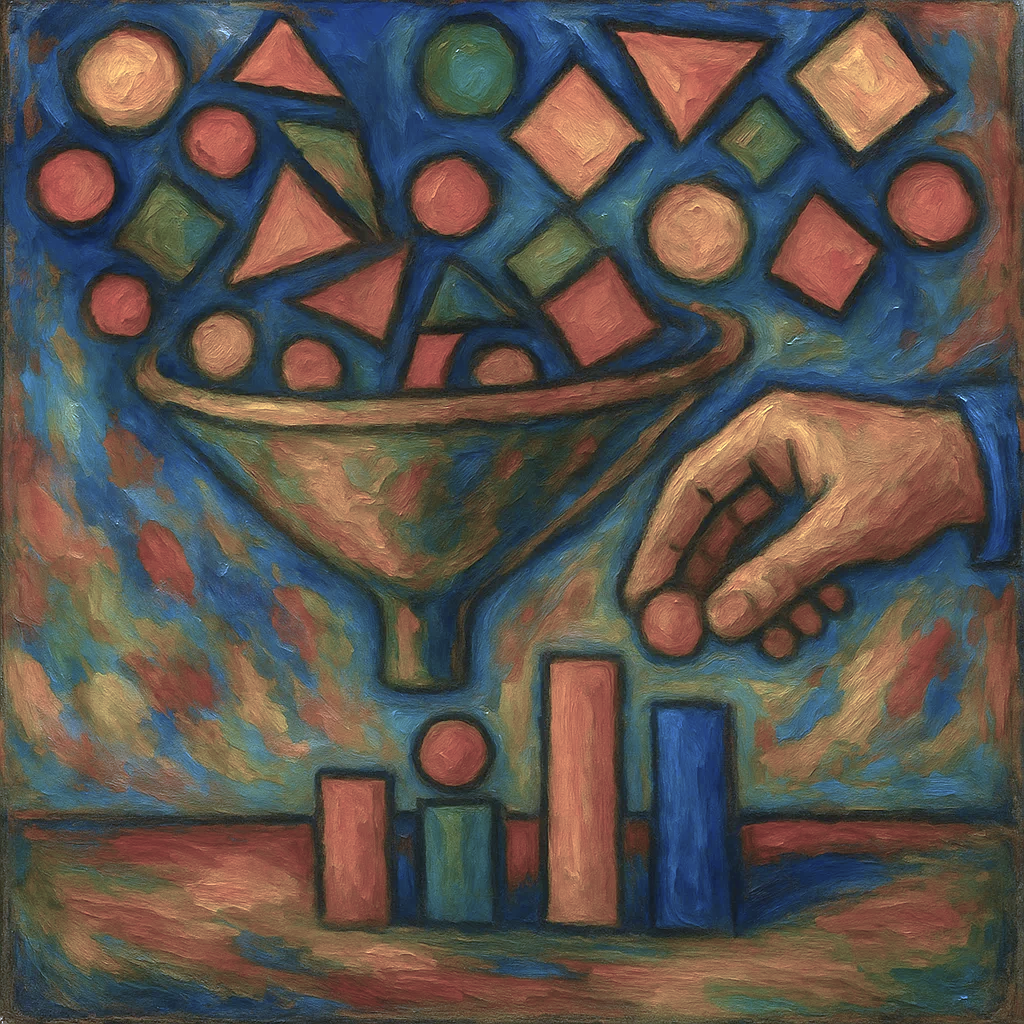Have we reached “peak aid”?
The United States and several European countries are turning their backs on the world. Is this the beginning of the end for aid as we know it?

Ki-generated illustration from Midjourney
Main moments
Presidential order to Freeze US aid for 90 days has sent shockwaves into the international aid system.
Here at home we talk about Norway as one of the world's largest donors of aid. That's true if we measure aid as a share of gross domestic income (GNI), but in real terms Norway is a small player. It is the United States that dominates completely.
In 2023, for 29 percent of the world's aid, According to the OECD. Perché, quando o Estados Unidos cambio, a se ha resultados directo para o futuro de país de desarrollo y cooperación internacional.
AND real a review of thousands of US projects over the course of 90 days is not realistic. And it is unlikely that Congress will support President Trump's radical turn, as they also resisted in his first term. This could yet mark the beginning of an aid revolution in the United States, and thus also globally.
'Projekt 2025' van Trump's architects
The rationale for the aid review bears clear traces of the thinktank in the plan “Project 2025"Published by the conservative and right-wing think-tank The Heritage Foundation in 2023. Although Trump has officially tried to distance himself from the project, several of its architects have held key roles in his first administration and gained new roles in the new one.
A profound change to U.S. aid -- in line with the thinking in Project 2025 -- will have dramatic consequences. One likely result is increased support for fossil fuel development and American Christian organizations, less to climate and sexual and reproductive health and rights (SRHR).
We will also see a shift from a multilateral aid that runs through the United Nations and the World Bank to agreements with individual countries, to secure American interests and reward staunch allies.
Such changes will have serious consequences for international development and the human rights of marginalized groups such as women, children and sexual minorities. And Trump isn't wasting time
Threat to international development
In late January, Trump decided to reintroduce the contentious “global gag rule” -- or muzzle rule, which means organizations that perform abortions or provide information about safe abortion can no longer get U.S. aid funds.
Lacking access to safe abortion services will lead to increased use of unsafe abortion methods, which in turn can lead to serious health problems, infections and death. It will also lead to more unplanned pregnancies, increased spread of sexually transmitted infections such as HIV and weakening the health services of the very most vulnerable.
The United States is by far the world's largest donor to global health, including to the World Health Organization (WHO), which they will now opt out of.
WHO is central to coordinating efforts to prevent new pandemics and other health crises. Stoltenberg Committee on Global Health shows that there is around a 50 percent probability of a new pandemic with a higher mortality rate than covid-19 in the next 25 years.
No one is prepared or mandated to take over the WHO's important role in dealing with new pandemics. Norway and other countries must take responsibility.
More rich countries are cutting aid
America's pivot would have been less frightening if it were an isolated example. Unfortunately, it is not. In recent years, we have witnessed a frightening shift in the priorities of several rich countries.
In 2024, eight countries announced the unification of aid cuts of well over 100 billion Crowns over the next five years. A further three countries have signalled future cuts.
The Netherlands will reduce its aid budget by over NOK 20 billion per year going forward, and the EU will be about the same level. Even Sweden, which for 60 years has spent one percent of its GNP on aid, has broken its altruistic tradition.
Countries such as Finland, Switzerland, Germany and France are also reducing their contributions. Muché suggerimenti che vi possono ha attudo “aido peak-aido” globalmente, como due staffs ODI scribe en The Guardian. This will have dramatic consequences for the poorest countries.
So far, Norway hasn't signed up for this race to the bottom, but we're starting to see some signals that suggest this could change.
During this period of government, we have reached one per cent of GNI only because of historically large additional appropriations to Ukraine during the budget years, not original budget proposals. Vi. SP-AP Government He even coined the term “aid budget”, because they also counted with appropriations not approved as ODA.
Weakened international cooperation will have major consequences for Norway as well. As a small country, we depend entirely on a stable and well-functioning global system to deal with common challenges such as pandemics, climate change, inequality, poverty and conflict.
The US direction of aid going forward is therefore also negative news for us.
Norway can, and Norway should
In June, world leaders are due to meet to discuss the funding of the UN sustainability goals, at the UN “Financing for Development” Conference. Aktion, a.
With a tight budget, it also becomes even more important than before with knowledge-based and cost-effective assistance. How we use scarce resources matters. Lives are at stake. Here at home, Foreign Affairs and Norad can do their part for it.
Norway can, and Norway should, increase our contributions at a time like now. When other countries fail the poorest and fail to contribute to the global capacity to solve common challenges, it is our responsibility to lead the way. We have enough money, and turning our backs on international development will sooner or later also affect us.
More from Langsikt

Input to the strategy for Norway's cooperation with the World Bank
Norway should see its cooperation with the World Bank, particularly IDA, as more than an aid tool - it should be part of our long-term strategy to contribute to a stable and resilient world with less inequality and less poverty. Here are nine inputs on how.

Norwegian aid can accomplish much more if it is prioritized correctly. Here are suggestions on how
Below are two proposals for structural measures in the aid budget, and then two concrete budget amendments that can save free up room for action for new initiatives (a total of NOK 1 billion in 2026).

Input to Development Minister in Light of Global Aid Cuts
Global aid cuts must have consequences for Norwegian priorities.

The death of the aid percentage: An analysis of what Norwegian aid goes to
Never before has the share of Norwegian aid going to poverty reduction and development been lower.